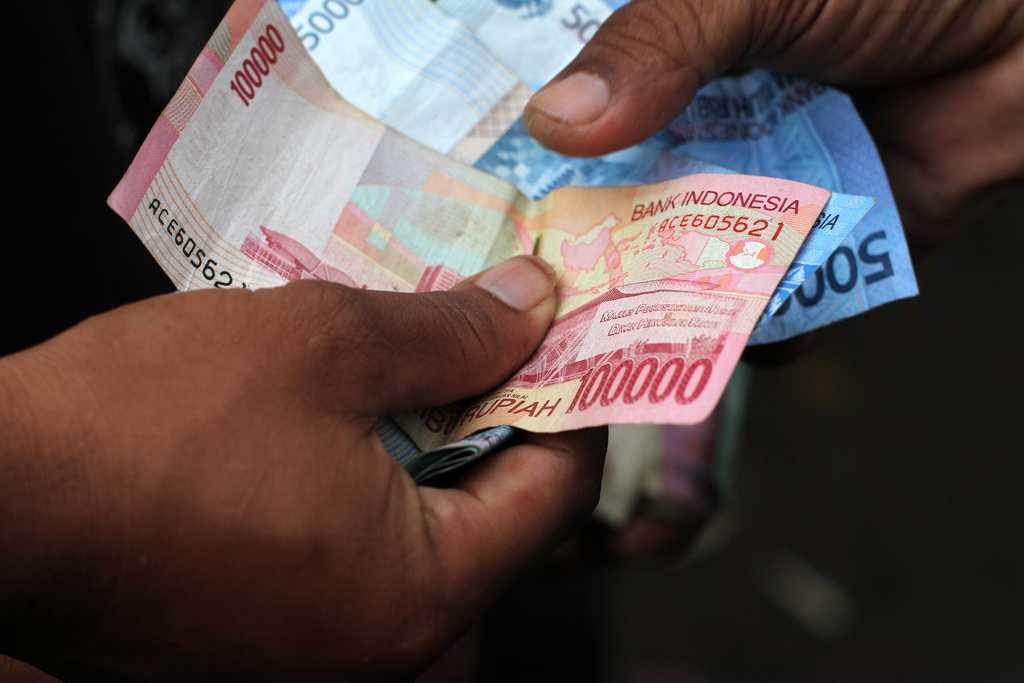Bali VAT and Sales Tax: Guide
A foreigner’s guide to Bali’s VAT (sales tax) system; how it affects travelers and expats as well as understanding the rate change from 10% to 11% impacts the island.
As the gentle waves of Bali’s shores continue to allure expatriates from around the globe, the island’s economic fabric too, ebbs and flows adapting to the currents of change.
One of the pivotal aspects that every expat, particularly from the United States, finds themselves navigating is the Value Added Tax (VAT) regime in Bali, which operates under the broader Indonesian taxation framework. The year 2023 ushered in a slight yet significant alteration in the VAT rate, an adjustment aimed at harmonizing tax regulations in the face of a dynamic economic scenario.
Unlike the United States where sales tax varies between states, Bali, like the rest of Indonesia, implements a Value Added Tax (VAT) system. The current VAT rate stands at 11%, applied uniformly across the vast archipelago.
Here’s a simple breakdown of how VAT operates in Bali:
General Structure:
VAT in Bali is a consumption tax levied on the value added to goods and services at each stage of production or distribution. This includes imports, manufacturing, wholesale, and retail stages.
Registration:
Businesses with a certain level of turnover are required to register for VAT. Once registered, they can reclaim the VAT paid on their purchases, which alleviates the final consumer from bearing the tax burden twice.
Tax Invoices:
A pivotal aspect of the VAT system is the issuance of tax invoices. These are essential for both businesses and consumers as they serve as proof of the VAT paid, aiding in potential reclaims.
Exemptions and Zero-Rated Goods:
Not all goods and services are subject to VAT. Essential items like basic foodstuffs, medical services, and educational services are exempt. On the other hand, exports are zero-rated, which means they are taxed at 0% to encourage exportation and maintain competitiveness in the international market.
Filing and Payment:
VAT-registered businesses are required to submit monthly VAT returns and make the necessary payments. This can be done electronically, which simplifies the process considerably.
Tourist Refund Scheme:
As a tourist or a temporary resident, one can benefit from the Tourist Refund Scheme (TRS) which allows for a VAT refund on goods purchased during your stay, provided the goods are taken out of Indonesia.
The transition to understanding and adapting to the VAT system in Bali can be smooth with a bit of due diligence. The key is to keep abreast with any changes in the tax laws, and when in doubt, consulting with a local tax advisor is always a prudent step.

2023 VAT Updates
The Value Added Tax (VAT) system in Bali, as part of Indonesia, has seen a small increase in 2023. Here’s a breakdown of the changes and how they impact businesses and consumers:
VAT Rate:
The standard VAT rate has been increased to 11% from the previous 10%, effective 1 April 2022. This rate is applicable to most manufacturers, retailers, wholesalers, and importers in Bali and across Indonesia.
While the standard rate is 11%, there’s a mention that the government regulation might allow for the VAT rate to be increased or decreased to 15% or 5%, respectively, under certain circumstances.
Additionally, there’s a planned further increase to 12% by 1 January 2025.
E-commerce VAT:
Alongside this, VAT at the rate of 11% is also imposed on the utilization of foreign intangible goods and services provided via e-commerce to users in Indonesia.
Zero-Rated and Exempt Goods:
The export of tangible and intangible goods, as well as services, remains zero-rated, which means they are taxed at a 0% VAT rate to encourage exportation and maintain international competitiveness.
Changes in Regulations:
The increment in VAT rate was accompanied by changes in rules regarding creditable input VAT and exemptions. The country’s Ministry of Finance issued 14 regulations for Law 7 of the Harmonization of Tax Regulations, which detailed the VAT changes.
These changes come as part of Indonesia’s efforts to harmonize its tax regulations and adapt to the evolving economic landscape. It’s crucial for businesses and individuals, whether locals or expatriates from the US or elsewhere, to stay updated on these tax alterations to ensure compliance and make informed financial decisions.
Navigating through the Indonesian VAT system might initially seem like a daunting task, especially when coming from a country with a varying sales tax regime. However, with time and a bit of local guidance, it becomes part and parcel of the enriching expat experience in Bali.







